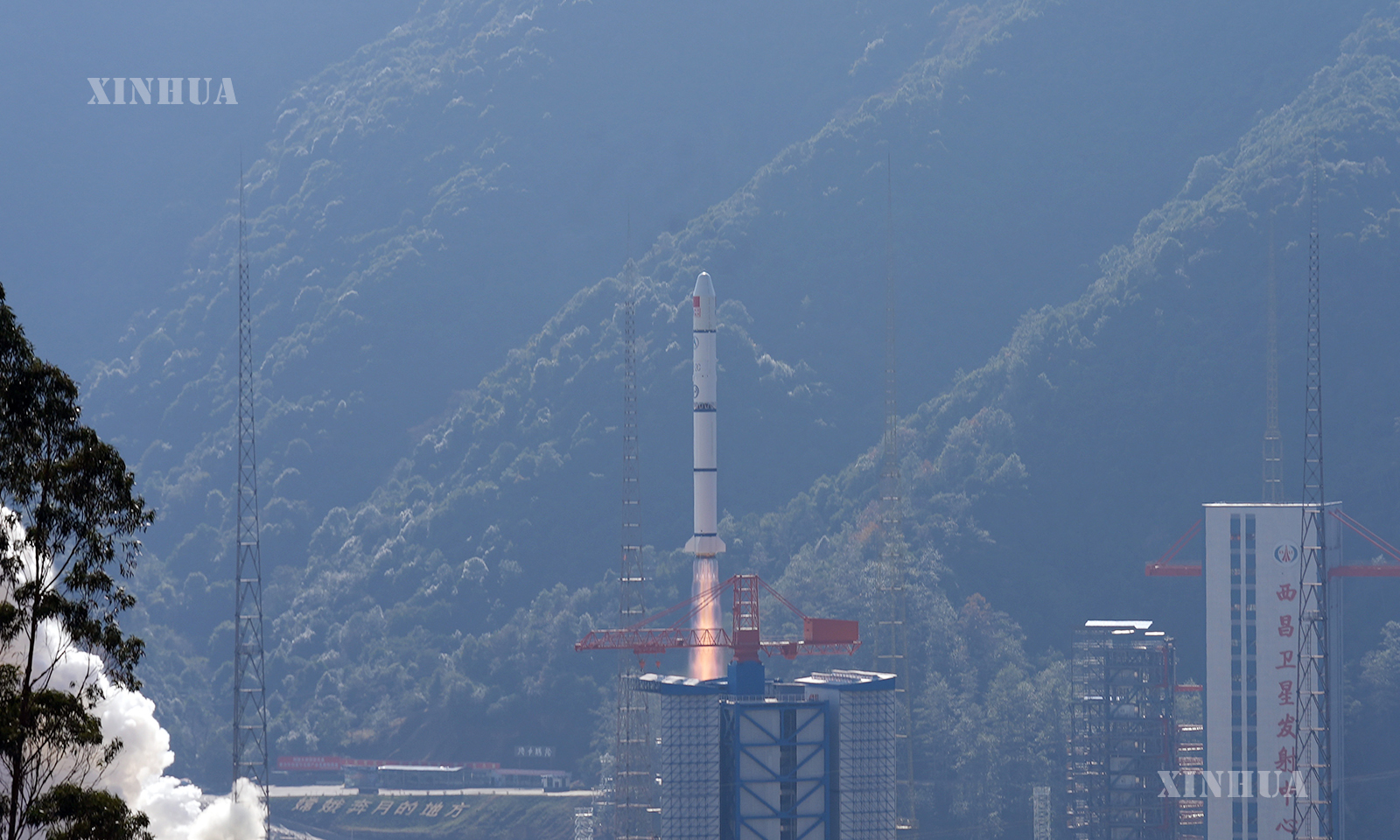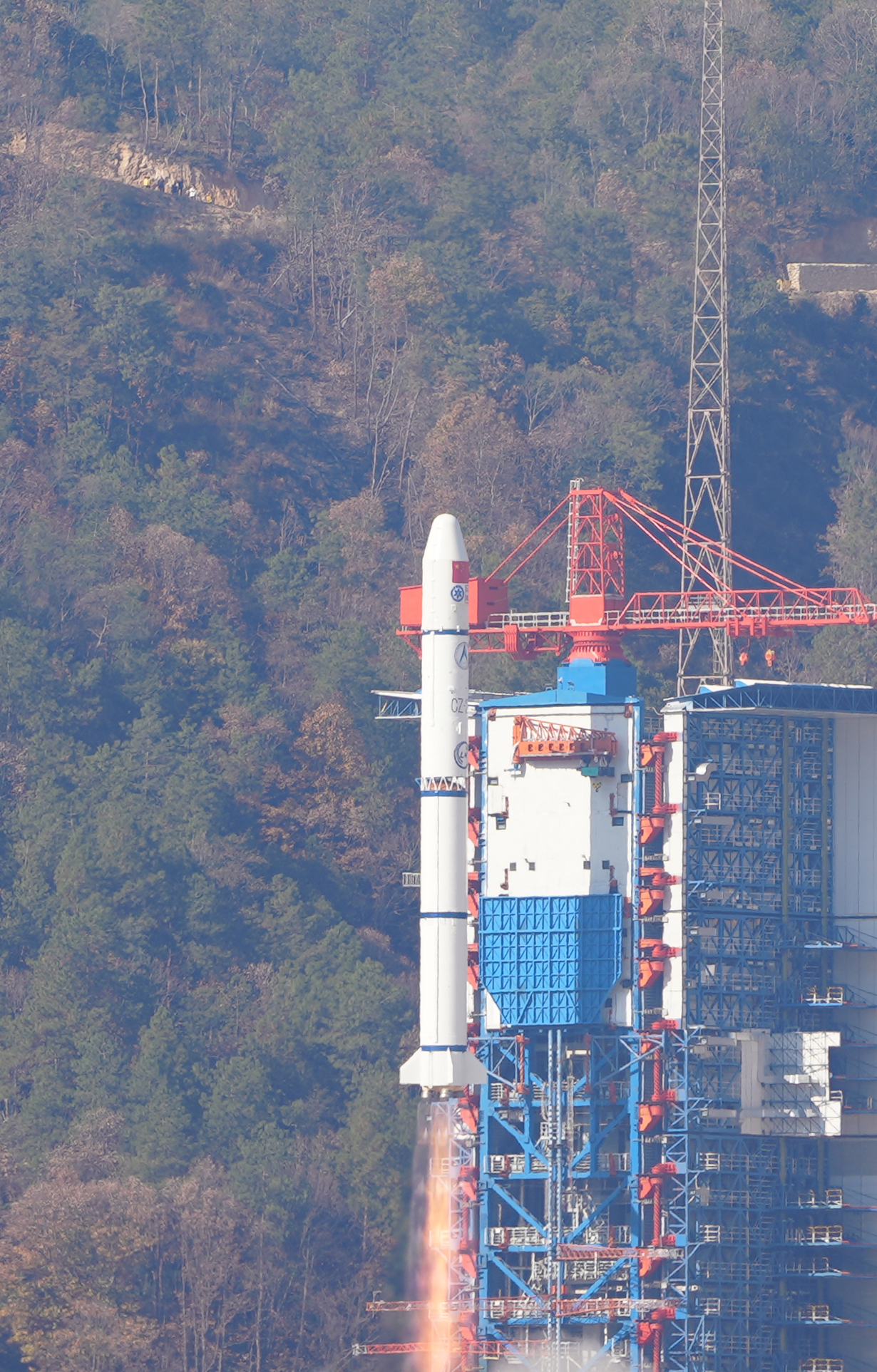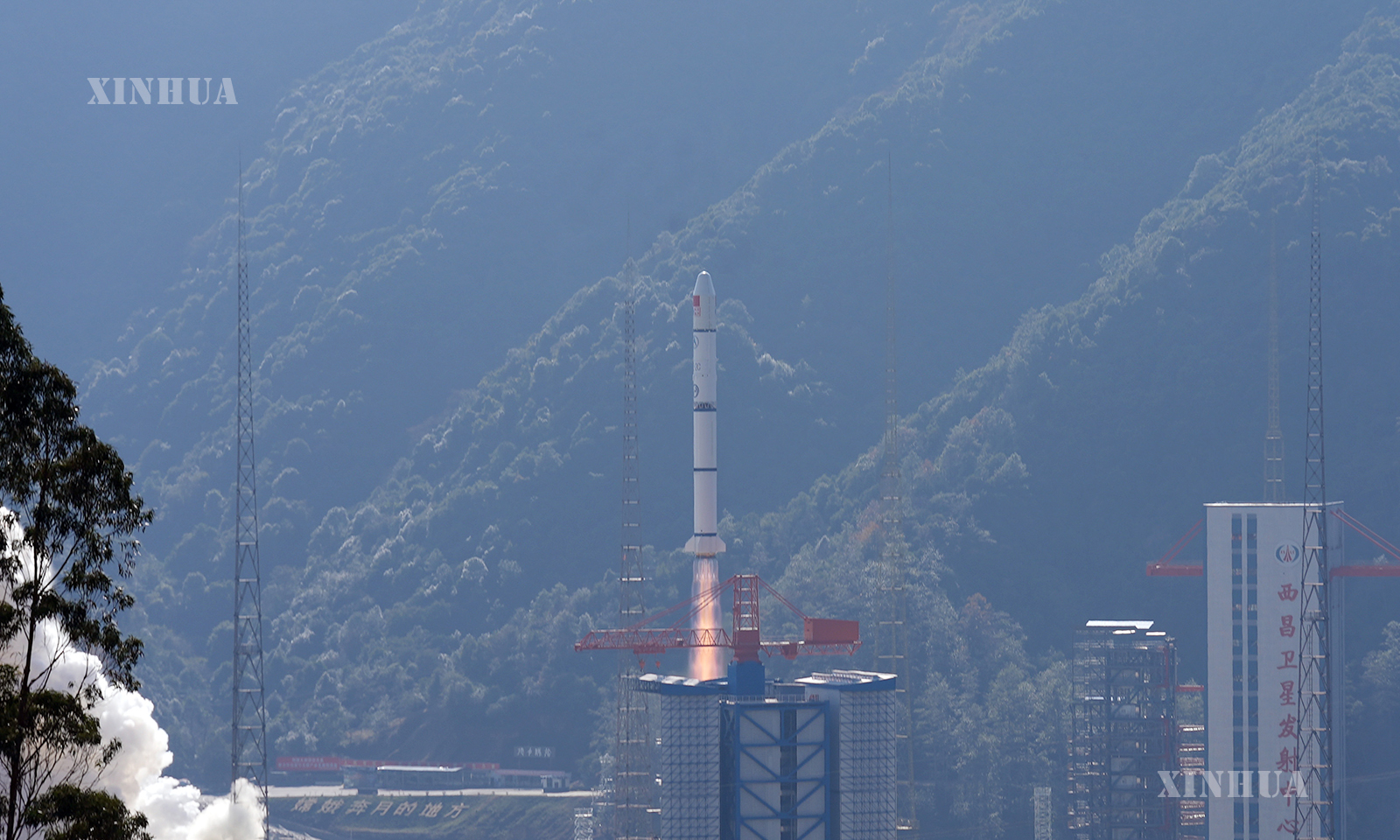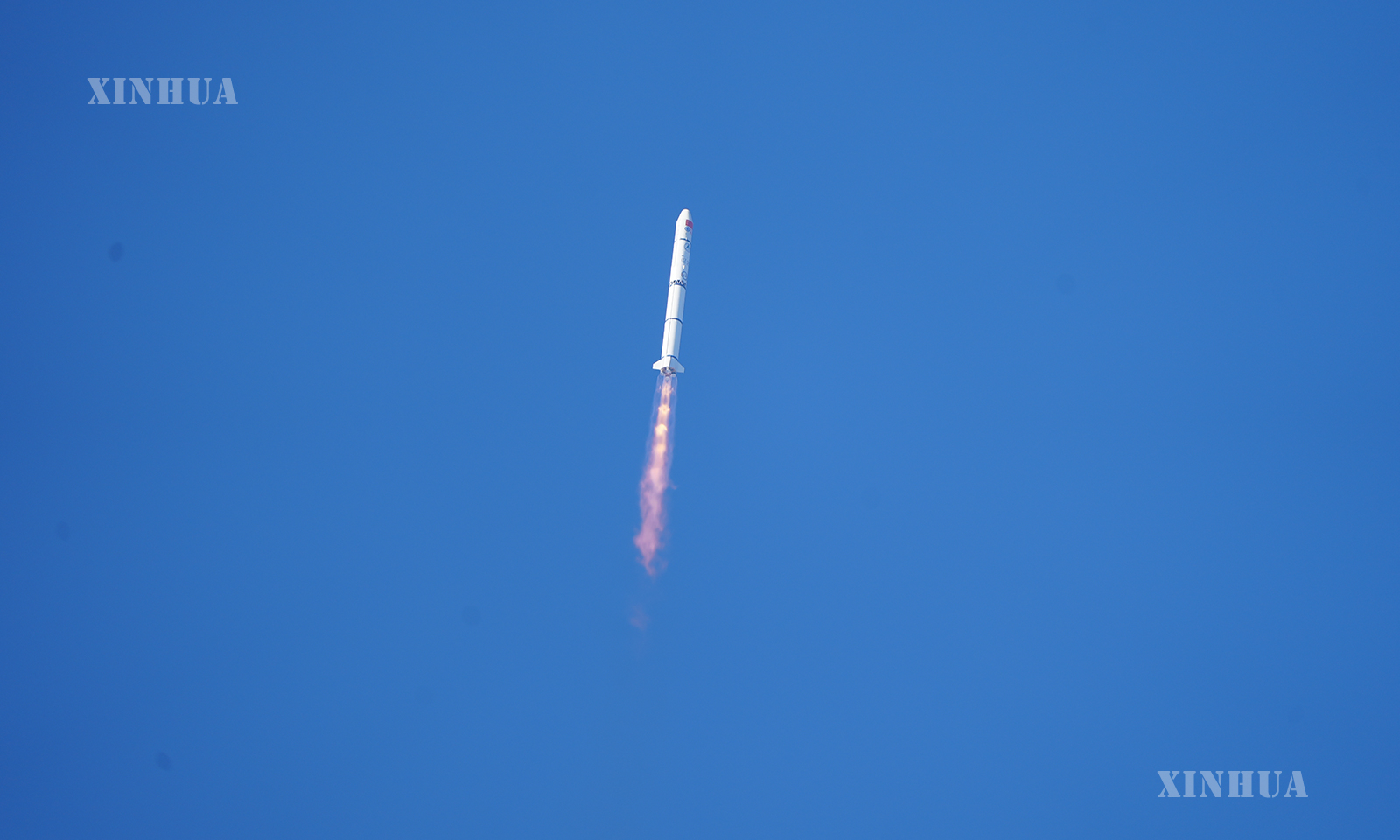Science & Technology
တရုတ်နိုင်ငံက စကြဝဠာ အံ့ဖွယ်ဖြစ်ရပ်ကို လေ့လာရန် ဂြိုဟ်တုအသစ် လွှတ်တင်

ရှီးချန်း၊ ဇန်နဝါရီ ၉ ရက် (ဆင်ဟွာ)
တရုတ်နိုင်ငံသည် စကြဝဠာ၏ ပြင်းထန်၍ လူသိနည်းသော ဖြစ်ရပ်များကို ဖော်ထုတ်နိုင်ရန် ရည်ရွယ်လျက် စကြဝဠာအတွင်း မီးရှူးမီးပန်းများပုံစံနှင့် ဆင်တူသော အံ့ဖွယ်ယာယီဖြစ်ပေါ်နေမှုကို လေ့လာရေးအတွက် နက္ခတ္တဗေဒဆိုင်ရာ ဂြိုဟ်တုအသစ်တစ်စင်းကို အာကာသအတွင်းသို့ ဇန်နဝါရီ ၉ ရက်တွင် လွှတ်တင်ခဲ့ကြောင်း သိရသည်။

တရုတ်နိုင်ငံ အနောက်တောင်ပိုင်း စီချွမ်းပြည်နယ်၊ ရှီးချန်းဂြိုဟ်တုလွှတ်တင်ရေးနေရာမှ Einstein Probe (EP) ဟု အမည်ပေးထားသော နက္ခတ္တဗေဒဆိုင်ရာ ဂြိုဟ်တုအသစ်တစ်စင်းကို တင်ဆောင်ထားသည့် Long March-2C သယ်ဆောင်ရေးဒုံးပျံကို ၂၀၂၄ ခုနှစ် ဇန်နဝါရီ ၉ ရက်က တွေ့ရစဉ် (ဆင်ဟွာ)


Einstein Probe (EP) ဟု အမည်ပေးထားသော ဂြိုဟ်တုသည် ကျောက်ပုစွန်မျက်လုံးအား စိတ်ကူးရယူလျက် X-ray ရှာဖွေရေးနည်းပညာသစ်ကို အသုံးပြုထားခြင်းဖြစ်သည်။ အဆိုပါ ဂြိုဟ်တုအား တရုတ်နိုင်ငံ အနောက်တောင်ပိုင်း စီချွမ်းပြည်နယ်ရှိ ရှီးချန်းဂြိုဟ်တုလွှတ်တင်ရေးစင်တာမှ Long March-2C သယ်ဆောင်ရေးဒုံးပျံဖြင့် ပေကျင်းစံတော်ချိန် မွန်းလွဲ ၃:၀၃ နာရီက လွှတ်တင်ခဲ့သည်။
ယခုအကြိမ်လွှတ်တင်မှုသည် Long March သယ်ဆောင်ရေးဒုံးပျံစီးရီး၏ ၅၀၆ ကြိမ်မြောက် မစ်ရှင်လည်းဖြစ်ကြောင်း သိရသည်။ (Xinhua)
………………………………
China launches new satellite for violent cosmic phenomena observation
XICHANG, Jan. 9 (Xinhua) — China sent a new astronomical satellite into space on Tuesday to observe mysterious transient phenomena in the universe comparable to the flickering of fireworks, with the aim of unveiling the violent and little-known aspects of the cosmos.
The satellite, named Einstein Probe (EP), uses a new X-ray detection technology inspired by the lobster eye. It was launched at 3:03 p.m. (Beijing Time) by a Long March-2C carrier rocket from the Xichang Satellite Launch Center in southwest China’s Sichuan Province.
The launch was the 506th mission for the Long March series carrier rockets.
Photo 1- 4: A Long March-2C carrier rocket carrying a new astronomical satellite named Einstein Probe (EP) blasts off from the Xichang Satellite Launch Center in southwest China’s Sichuan Province, Jan. 9, 2024. (Photo by Qiu Lijun/Xinhua)






